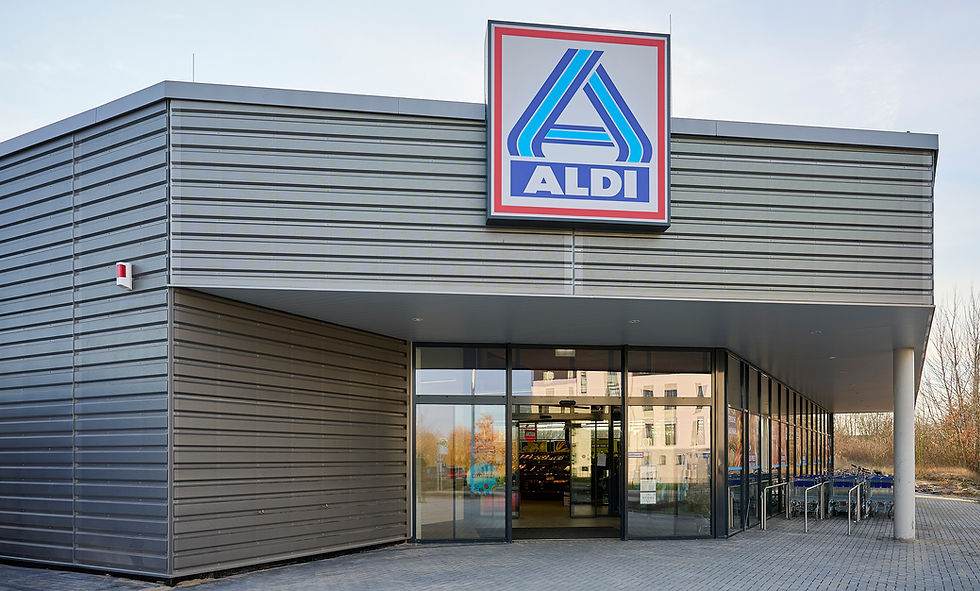Germany: Lidl proclaims the vegan price revolution
- DRC Discount Retail Consulting GmbH

- Oct 23, 2023
- 2 min read
Discount Retail Chain Lidl Germany, owned by the German Schwarz Group, and based with its international head office in Bad Wimpfen, proclaims that vegan own private label brands will have the same price as their meat counterparts in the future. That's what's behind the price cut.
The discounter Lidl, which is headquartered in Bad Wimpfen (Heilbronn district) in Germany, has reduced the prices of its vegan own brands by an average of around 20 percent, according to its own statements. The prices are to be linked to the comparable meat product.
For Professor Carsten Demming, head of the "Food Management" program at the Baden-Württemberg Cooperative State University (DHBW) in Heilbronn, this is primarily due to clever marketing. This is because the market has double-digit growth rates and Lidl wants to grow as a manufacturer and retailer in this segment, according to Demming.
The price overshadows the sustainability of meat substitutes
In times of high inflation, the importance of price increases. This also overshadows the megatrend of sustainability. The timing of the price reduction is therefore ideal, according to the professor. The fact that Lidl now positions original meat products and meat substitutes right next to each other on the shelf will certainly lead to a strengthening of sales of the alternatives at the same price, says Demming. He also assumes that other supermarket chains and discounters will follow suit.
Meat substitutes such as vegan bratwurst or paprika sausage are becoming cheaper. That's because Lidl is lowering the prices for its meat substitutes.
Why is Lidl able to lower the prices of meat substitutes?
At Lidl, the price reduction mainly affects its own products that the Schwarz Group manufactures itself. Lidl controls the entire value chain there and there are of course "certain buffers", according to Demming.
Until now, meat substitutes have often been more expensive. On the one hand, VAT rates are often higher than for meat. On the other hand, there are established large companies in the meat industry that can produce very efficiently and in large quantities. Meat substitutes are often produced by start-ups, but they are growing. Demming assumes that in the future, meat substitutes can even be produced more cheaply than meat.
What are meat substitutes made of?
According to a study by the Albert Schweitzer Foundation, the most commonly used basic ingredients are soy (45 percent) and wheat (39 percent). Lupins (5 percent), milk (5 percent), peas (2.5 percent) and chicken eggs (2.5 percent) follow at a greater distance. In addition, there are other basic ingredients such as jackfruit, mushrooms, quorn and black beans. In order for the products to resemble meat, many additives are often needed. This usually makes meat substitutes a highly processed product.
Are meat substitutes healthy?
It is not possible to make a general statement as to whether meat or meat substitutes are healthier. This is because there is a wide range of compositions and degrees of processing. A detailed comparison can be found here, for example, from the Albert Schweitzer Foundation. As a rule, both substitutes and meat provide high-quality proteins. In terms of fat content, the alternatives even perform better: they contain less fat and hardly any saturated fatty acids. The salinity is rather critical in both cases.
Read more: Baden-Württemberg: Warum Discounter Lidl die Preise seiner veganen Eigenmarken senkt | tagesschau.de





Comments